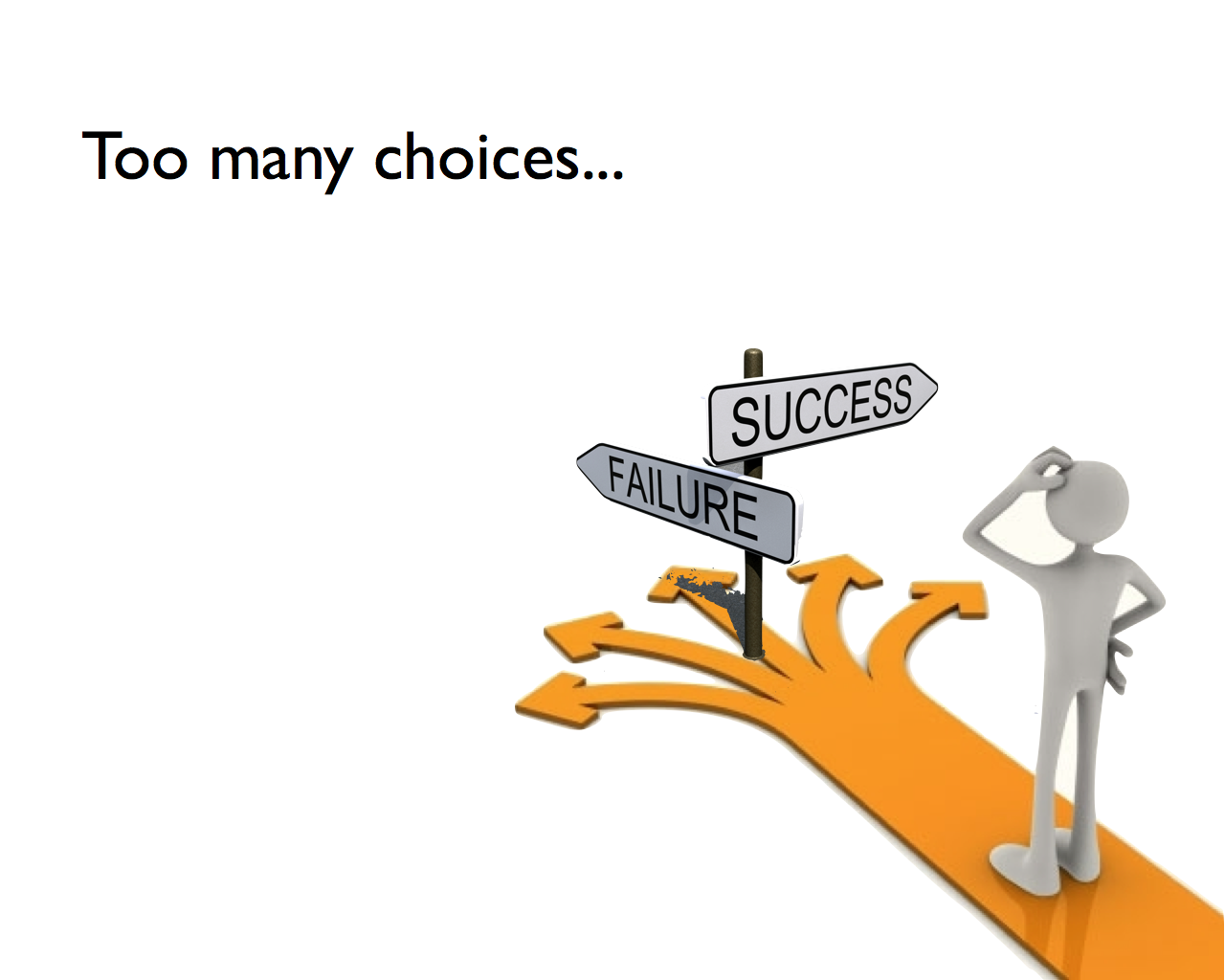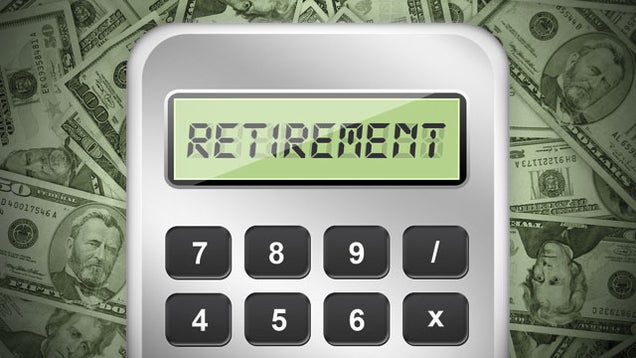A
recent post under
Personal Finance on the
U.S. News & World Report website
listed
50 Smart Money Moves. We have taken our top 30
from this list and created a "Financial Check-Up"
for
our blog readers. Check each smart money move you believe you
follow on a regular basis, and see where your money-moves rank with our results
below.
( ) Decide on financial goals.
( ) Create a spending plan.
( ) Resist retailers' enticements.
( ) Track your own spending.
( ) Don't accept posted prices (i.e. price-matching).
( ) Research products online before visiting stores.
( ) Earn money from more than one source.
( ) Negotiate your salary.
( ) Don't shy away from all debt and make sure to choose the best credit
card or loan for you.
( ) Pay off high-interest-rate debt quickly.
( ) Check your credit report and build a solid credit history.
( ) Track and review account statements.
( ) Take advantage of rewards cards.
( ) Adopt a hands-off approach to investing (consider a professional).
( ) Remember the risk-versus-reward rule.
( ) Start early, invest often.
( ) Don't try to time the market, and don't follow the market every day.
( ) Check your Social Security statement online and calculate your own
retirement number.
( ) Take baby steps.
( ) Save even when you're not earning.
( ) Live with family members.
( ) Look for non-financial ways to help family members.
( ) Prepare to help aging parents.
( ) Avoid sharing credit accounts.
( ) Live more simply, use fewer products, and find cheaper hobbies.
( ) Plan weekly meals.
( ) Insure yourself.
( ) Make sure you're ready for X (house, baby, retirement, etc.).
( ) Cancel/avoid catalog subscriptions.
( ) Find ways to lower your utility bills.
If you checked 0 to 10 Smart Money Moves, you are:
Moving at the Speed of Slow. Though you may not be where you should be now,
there’s still hope! Which of the above are you doing regularly and which
areas do you need to work on? Consider the ways you can start to implement
these things into your life, put them into practice, and monitor as you
go. You’ll be glad you did. If you need help getting started, don’t
be afraid to ask for it!
If you checked 11 to 20 Smart Money Moves, you are:
Moving in the Right Direction. So you’re not quite there, but don’t give
up. Be sure to track your progress and make adjustments when
necessary. If you need advice to reach your goals, contact a
professional.
If you checked 21 to 30 Smart Money Moves, you are:
Moving toward Financial Freedom...and freedom is fun! Way to go! You’ve worked very hard and it’s
paying off. Slip-ups and setbacks can (and likely WILL) happen, so be
careful not to regress backward. Keep up the good work and you can enjoy the fruits of financial freedom!
 This week, one of our very own advisors posted as a guest blogger on StJoeWedding.com. Laura Price, Investment Advisor and Chief Compliance Officer, covered the always relevant topic of finances for engaged couples and newlyweds.
This week, one of our very own advisors posted as a guest blogger on StJoeWedding.com. Laura Price, Investment Advisor and Chief Compliance Officer, covered the always relevant topic of finances for engaged couples and newlyweds.








